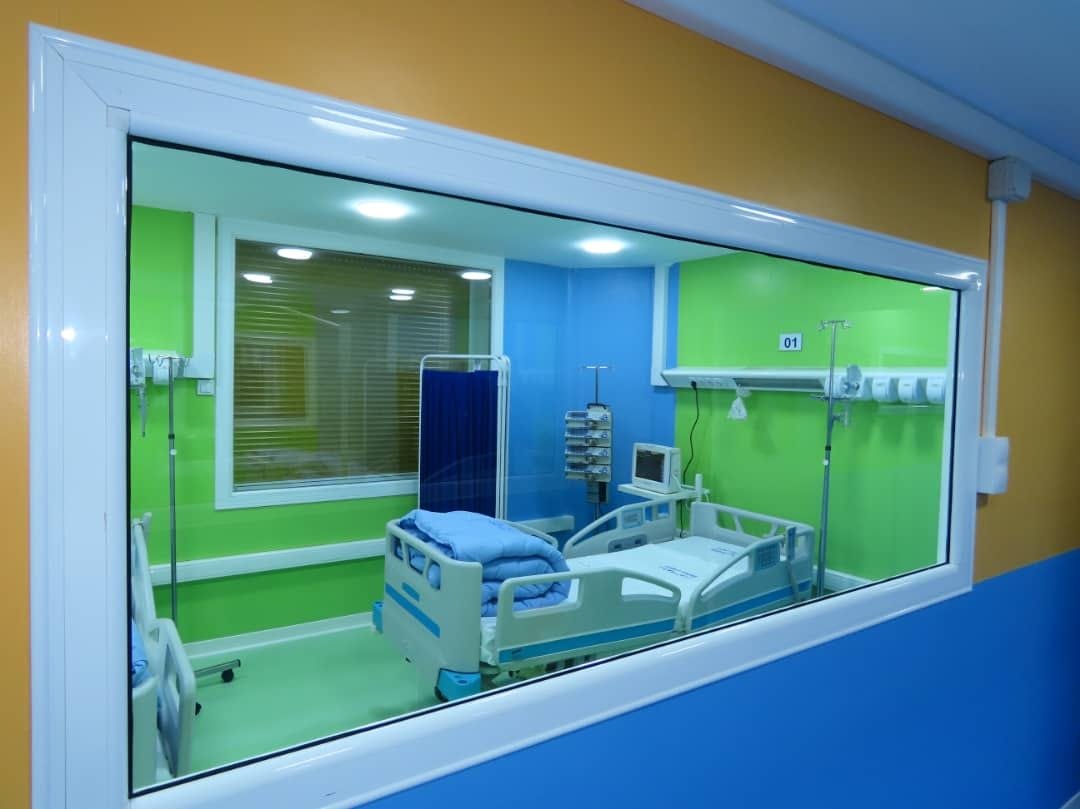ALGIERS- Doctors and specialists said Wednesday in Algiers that Algeria had succeeded after independence in establishing an efficient health policy for better care of the health of citizens, which allowed the elimination of several contagious diseases and the resulting reduction in the mortality rate.
During a study day organized by the National Archives Center entitled “the health system in Algeria between yesterday and today”, within the framework of the sixtieth anniversary of the recovery of national sovereignty, the director of population at the Ministry of Health, Omar Ouali, declared, on behalf of the Secretary General of the Ministry, that Algeria has many achievements in terms of health coverage, structures or equipment, in addition to the provision of human resources and health programs with tangible results.
In the aftermath of independence, the bet was to eliminate contagious diseases, reduce the mortality rate of children and reduce the number of transfers of patients abroad.
“During the first post-independence years, Algeria had only 600 doctors, 186 pharmacists, 86 surgeons and 4,834 paramedics before taking decisions for the benefit of the citizen, including the creation of the National Institute of Public Health in 1964, the Institut Pasteur the following year, in addition to the organization of large vaccination campaigns throughout the national territory, free healthcare, the promulgation of law 85-05 relating to health and the construction of university hospital centers and local clinics,” he said.
The 2000s were also marked, he added, by a marked improvement in the strengthening of human and material resources, the acquisition of medical equipment and the reorganization of the health sector by the opening of establishments with the aim of bringing health services closer to the citizen.
For his part, the epidemiologist and director general of prevention and health promotion at the Ministry of Health, Dr. Djamel Fourar, affirmed that Algeria “succeeded in eradicating poliomyelitis in 2016, with the certification of the World Health Organization (WHO)”, adding that “maternal and neonatal tetanus were eradicated in 2018, as well as malaria”. “Currently, he said, we are in the process of eradicating trachoma”.
Mr. Fourar also estimated that the prevention plan adopted by Algeria to limit the spread of the Coronavirus (Covid-19) “will enable it in the future to deal with any other viral threat that may arise in the world, thanks to the lessons learned from the Covid experience” which he described as “successful”, because “today we have managed to register 3 cases per day without risk and no deaths since April 2022”.
translated from APS





